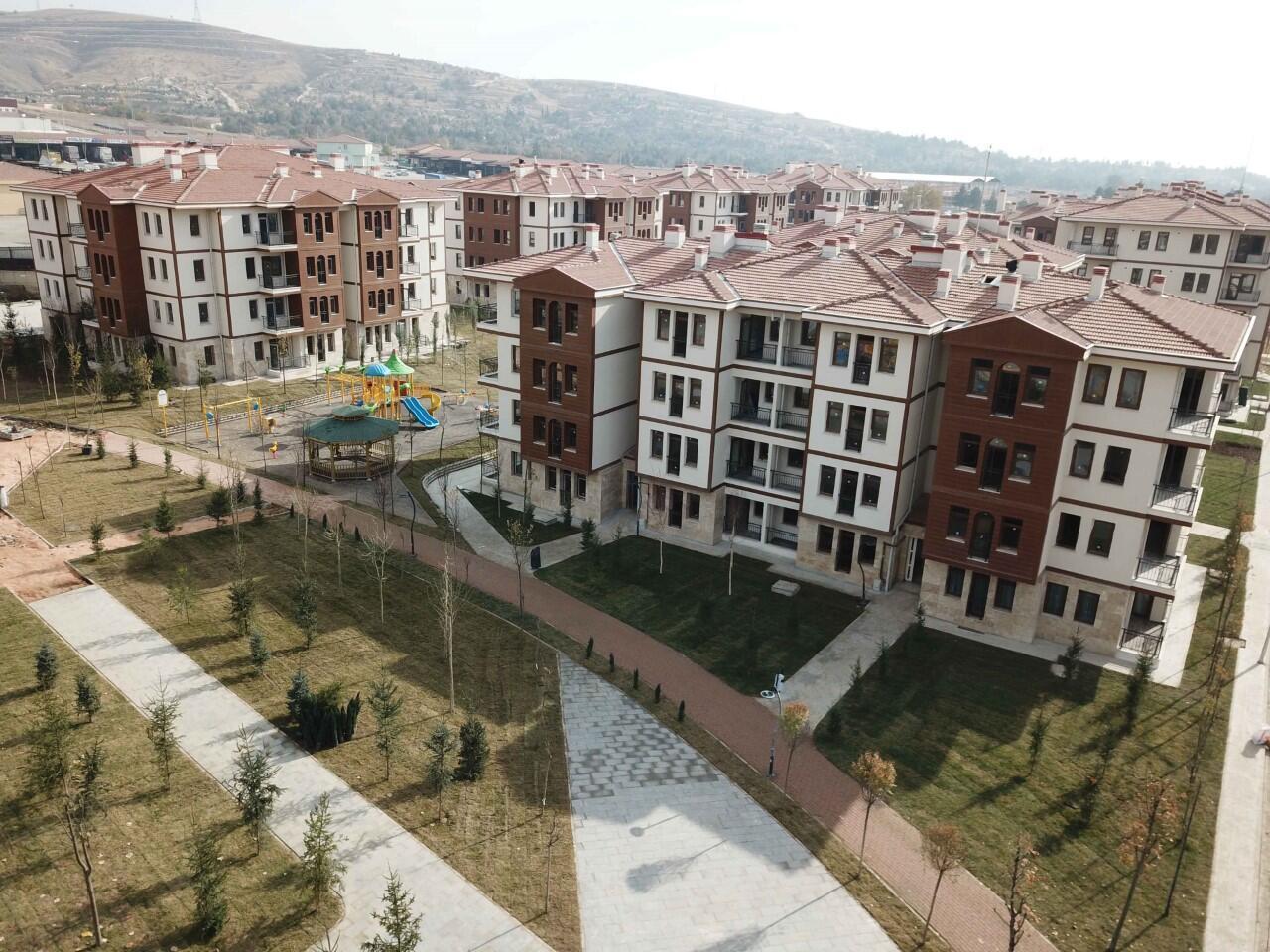The Turkish way of housing supply and finance
The document titled “The Turkish Way of Housing Supply and Finance for Low- and Middle-Income People” explores the unique approaches Turkey has adopted to address housing needs for its low- and middle-income populations. It delves into the historical context, current policies, and financing mechanisms that facilitate access to affordable housing, while also highlighting the challenges faced in this sector.
 Historical Context
Historical Context
Turkey’s housing policies have evolved significantly over the decades, particularly in response to rapid urbanization and economic changes. The document outlines that the government has historically recognized housing as a fundamental right, leading to various initiatives aimed at improving living conditions for marginalized groups. However, the need for effective housing solutions has intensified due to increasing population density in urban areas and a growing demand for affordable housing.
Further reading:
Government mulls housing project for mid-income groups – Latest News
The Turkish way of housing supply and finance for low- and middle … sciencedirect
Current Housing Supply Mechanisms
The Turkish housing supply system is characterized by a combination of public and private sector involvement. Key mechanisms include:
- Mass Housing Administration (TOKI): Established in the late 20th century, TOKI plays a pivotal role in constructing affordable housing units. It focuses on large-scale projects that aim to provide low-cost homes to low- and middle-income families. TOKI’s approach often involves partnerships with private developers, enabling a mix of public and private investment in housing projects.
- Cooperative Housing Models: These models allow groups of individuals to come together to finance and build their own homes. This method not only reduces costs but also fosters community engagement. The cooperative approach has been particularly effective in providing affordable options for those who may not qualify for traditional financing.
- Direct Provision of Housing: Unlike some countries that rely heavily on market mechanisms, Turkey’s approach includes direct provision of housing by the government. This strategy is aimed at ensuring that even the most vulnerable populations have access to adequate shelter.
Financing Mechanisms
Financing remains a critical aspect of Turkey’s housing supply strategy. The document highlights several key components:
- Government Subsidies: The Turkish government provides various subsidies aimed at reducing the financial burden on low-income families. These subsidies can take the form of direct financial assistance or reduced interest rates on loans.
- Social Security Institutions: These entities offer housing loans to their members, facilitating access to financing for individuals who might otherwise struggle to secure loans from traditional banks. This system helps bridge the gap for many low-income earners.
- Bank Financing: While traditional banks have been hesitant to engage extensively in housing finance due to perceived risks, some have begun offering mortgage products tailored for lower-income households. However, high interest rates remain a barrier for many potential homeowners.
Challenges Facing Housing Supply
Despite these initiatives, several challenges persist within Turkey’s housing sector:
- Affordability Issues: Many low- and middle-income families still find it difficult to afford housing, even with government support. Rising construction costs and inflation have exacerbated this issue.
- Quality of Housing: While quantity is essential, the quality of housing provided through various programs often falls short. Many units lack adequate infrastructure and services, leading to substandard living conditions.
- Regulatory Hurdles: The complexity of regulations surrounding land use and construction can hinder timely development of new housing projects. Streamlining these processes could enhance efficiency in meeting housing demands.
- Urbanization Pressures: Rapid urbanization continues to strain existing infrastructure and services, making it challenging to provide adequate housing solutions in densely populated areas.
Recommendations for Improvement
The document concludes with recommendations aimed at enhancing Turkey’s housing supply system:
- Strengthening Public-Private Partnerships: Encouraging collaboration between government entities and private developers can lead to more innovative solutions and increased investment in affordable housing.
- Enhancing Financial Instruments: Developing more flexible financing options tailored to the needs of low-income families could improve access to homeownership.
- Focusing on Quality: Ensuring that new developments meet high standards of quality is crucial for long-term sustainability and resident satisfaction.
- Community Involvement: Engaging communities in the planning process can lead to better outcomes that reflect the needs and preferences of residents.
In summary, “The Turkish Way of Housing Supply and Finance for Low- and Middle-Income People” provides an insightful overview of Turkey’s multifaceted approach to addressing its housing challenges. By leveraging both public initiatives and private sector involvement, Turkey aims to create a more inclusive and sustainable housing environment for its citizens. However, ongoing challenges necessitate continued innovation and adaptation in policy frameworks to ensure that all residents have access to safe and affordable homes.
More reading:
[PDF] HOUSING FINANCE ‘MORTGAGE’ IN TURKEY AND ITS REFLECTION … paperpublications
The Social Housing White Paper Guide | IFF Research
